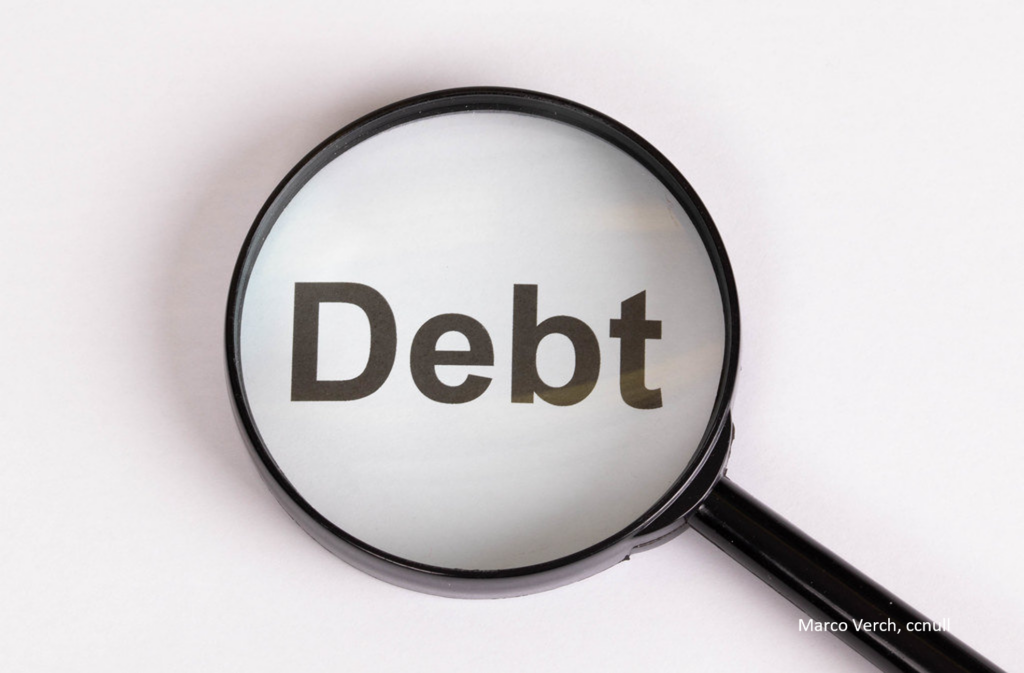Germany’s economists are divided. Some want to stick to strict upper limits for government deficits, others want to allow higher deficits for higher investments. Why?
After the Karlsruhe judgment on the debt brake, a heated debate broke out about the future of this rule. Last November, the Federal Constitutional Court banned special funds from circumventing the debt brake. German economists appear divided in this discussion. While some want to maintain the strict upper limits for federal and state deficits, others can imagine a reform that would allow higher deficits for higher investments. Current surveys show that both camps are roughly the same size (ifo, 2023; ZEW, 2024). How can this roughly half split be explained? The following three different explanations come into consideration here.
A first explanation comes from different personal interests. Economists also pursue individual goals, which are usually closely linked to those of their own institutions. Economists in publicly financed institutions, in contrast to colleagues in the private sector, may be concerned about government austerity measures. Savings measures to comply with the debt brake may not stop at the budgets of universities and institutes. Economists in industry or the financial sector are likely to be more relaxed about this. However, economists in privately financed positions may also have an interest in easing the debt brake if this easing leads to the expectation of higher subsidies for the companies that finance their own jobs.
A second explanation arises from a different political orientation. Economists, like other people, are shaped by political beliefs. Here, too, there are people who generally have a positioning that is more loyal to the state or to the market. Researchers who believe in the state and who expect that future tasks can only be solved with a well-funded public budget are more in favor of easing the debt brake than those who believe that market processes should trigger the necessary adjustments. This can be illustrated for climate policy. Market-oriented economists see little reason for the state to have large transformation budgets. Instead, they advocate putting a price on CO2 emissions more comprehensively than before and then leaving the transformation to private investment. On the other hand, state-friendly researchers are generally very skeptical that the transformation can work without the state playing a strong financial role.
A third explanation concerns the specialist orientation of the experts. Here researchers differ noticeably in their way of thinking, depending on whether they are influenced by a political-economic analysis or not. Micro- and macro-economists who assume that political actors are oriented towards the common good and think long-term are more open to easing. Such economists assume that federal and state parliaments and governments will responsibly use higher deficits primarily to finance higher investments or other future tasks. From this perspective, it is a good idea to relax the debt brake in order to overcome future challenges. The view of researchers who think in political economic terms is different. Political economy (or “public choice”) looks at political decisions from the perspective of the actors’ own interests. From this perspective, government deficits are not primarily used to finance investments, but rather to win the next election. And for the chances of re-election, transfers such as pensions or child benefit are more important than spending on basic research or climate protection, which only pay off after decades. From this perspective, there is great skepticism as to whether higher deficits will really be used to increase investment. Political economists fear that the investment orientation of new debt is just a kind of false alibi. The expectation of this school of thought is that although the investment reference will be used rhetorically to justify the relaxation of the debt rule, this will not be implemented in budgetary policy practice.
Ifo (2023): The German debt brake – stability anchor or investment blocker?, panel of economists from ifo and FAZ, www.ifo.de/fakten/2023-12-08/die-deutsche- Debt Brake – stability anchor-or-investment blocker
ZEW (2024): Financial market experts perceive bureaucracy instead of the debt brake as an investment hurdle, special question in the ZEW financial market test, www.zew.de/presse/pressearchiv/finanzmarktexperten-gehen-buerocracy-statt-kreditenbremse-als-Investmentshuerde-wahr
A notice: The commentary appears in a modified form as an editorial in issue 4 (2024) of the specialist journal WiSt.
ZEW Mannheim and Heidelberg University
